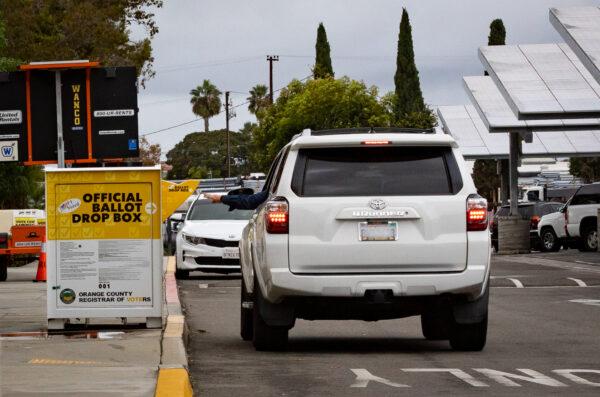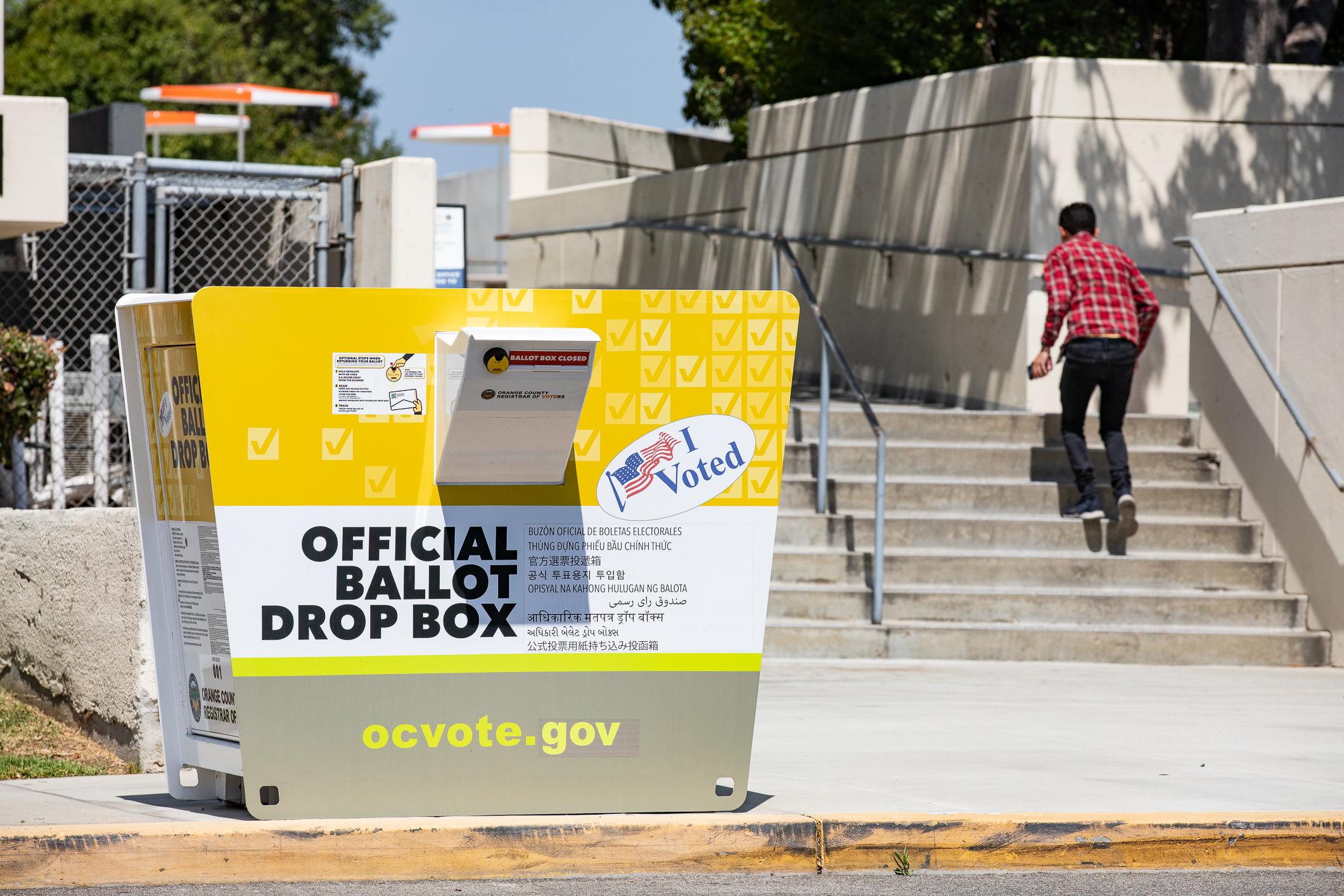Non-U.S. citizens in Santa Ana, California, could vote in local elections by 2028 after a majority of the city’s councilmembers recently approved putting the question before voters in next year’s Nov. 5 election.
Mayor Valerie Amezcua voted against the proposed ballot measure, alongside councilmembers Phil Bacerra and David Penaloza.
Mr. Penaloza said during the Nov. 7 council meeting that the motion was rushed, with not enough planning and discussion.
“Our city attorney and our city manager at the last meeting asked multiple times who exactly would this apply to. How would we register people in the city to vote? What is the residency requirements? How would these elections be handled? ... Nobody up here had that discussion,” he said.
Mr. Penaloza said his council colleagues “continue to just throw this to staff” without hiring a consultant to properly investigate risks, which likely, he said, would involve lawsuits against the city.
He also said having non-citizens vote is unconstitutional.
“We all up here took an oath of office to defend the Constitution of the State of California and the Constitution of the United States of America, who say that only citizens shall have the right to vote. And we will also protect it against all enemies foreign and domestic, which we have right here. So I cannot move forward with this,” he said.
Councilman Jonathan Hernandez, who was in favor of letting voters decide, said that per the city’s census, there are about 80,000 undocumented immigrants in Santa Ana, with about 60,000 as potential voters, who should have a voice in city matters.
“The decisions that we make here at the dais are already impacting families, families who are undocumented, who are business owners, who are employing your neighbors, who own property in the city of Santa Ana,” he said.
Councilwoman Thai Viet Phan argued that because non-citizens in the city pay taxes, they should have the right to vote locally.
“Non-citizens pay taxes every day in the city. They pay income tax, property tax, sales tax, gas tax, non-citizens pay taxes. They are part of this community, whether we like it or not, and they should have a voice,” she said.
If voters agree, amendments to the city charter would be needed, according to City Attorney Sonia Carvalho, along with other policies and regulations.
She said the city council should prepare for a minimum of half a million dollars in legal fees, in case lawsuits are filed.
“I would advise you to probably budget an initial $500,000. I think that would potentially take us through some initial challenges,” she said. “I could see you maybe doubling that.”
The city discussed letting non-citizens vote last year, according to Ms. Carvalho. She additionally said the city would likely need to hire more staff, including an election lawyer, if voters decide to implement the plan.
“To mitigate the risks of a program like this, I do feel like additional research, both in election law and immigration policy ... would need to be further reviewed,” she said.
Some residents spoke against the proposed plan, but most in attendance at the meeting voiced support.

Voters drop off ballots at the Orange County Registrar of Voters offices in Santa Ana, Calif., on Nov. 8, 2022. (John Fredricks/The Epoch Times)
“Allowing non-citizens to vote can promote a sense of belonging within the community. When people feel they have a stake in the decisions being made, they may be more likely to participate in local activities and initiatives,” one speaker said while reading from a prepared statement.
But another resident, who described herself as an immigrant, advised against placing the question before voters.
“Non-citizen voting undermines the rights of citizens and diminishes the significance of people who went through the process of obtaining their citizenship. It appears that voting and citizenship are somehow getting disconnected, but they’re very much a package deal,” she read from a prepared statement.
In 2022, voters in Oakland approved allowing non-citizens to vote in local elections, and in 2016, San Francisco voters approved the same for school board elections. In Maryland, 11 cities allow non-citizens to vote in local elections, as do three in Vermont.







